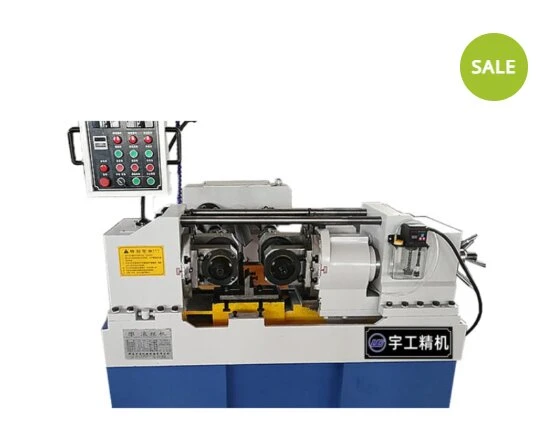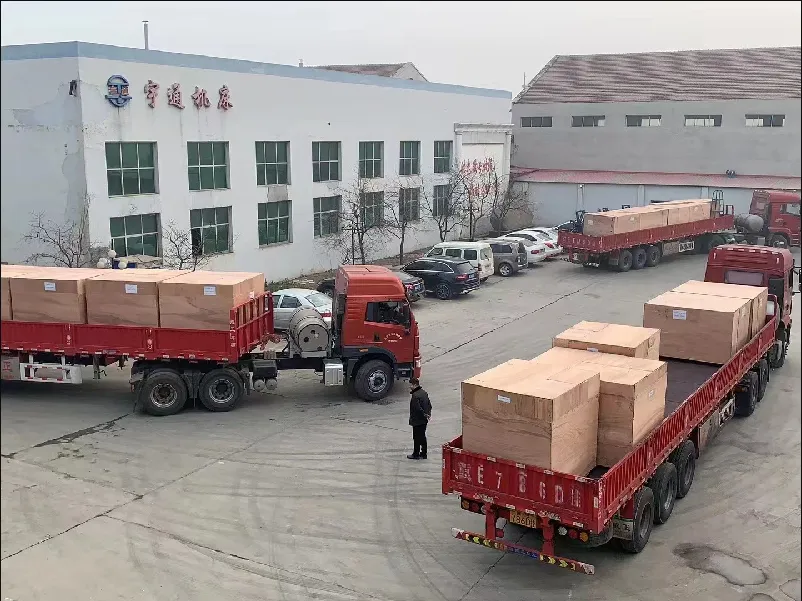
-
 Afrikaans
Afrikaans -
 Albanian
Albanian -
 Amharic
Amharic -
 Arabic
Arabic -
 Armenian
Armenian -
 Azerbaijani
Azerbaijani -
 Basque
Basque -
 Belarusian
Belarusian -
 Bengali
Bengali -
 Bosnian
Bosnian -
 Bulgarian
Bulgarian -
 Catalan
Catalan -
 Cebuano
Cebuano -
 Corsican
Corsican -
 Croatian
Croatian -
 Czech
Czech -
 Danish
Danish -
 Dutch
Dutch -
 English
English -
 Esperanto
Esperanto -
 Estonian
Estonian -
 Finnish
Finnish -
 French
French -
 Frisian
Frisian -
 Galician
Galician -
 Georgian
Georgian -
 German
German -
 Greek
Greek -
 Gujarati
Gujarati -
 Haitian Creole
Haitian Creole -
 hausa
hausa -
 hawaiian
hawaiian -
 Hebrew
Hebrew -
 Hindi
Hindi -
 Miao
Miao -
 Hungarian
Hungarian -
 Icelandic
Icelandic -
 igbo
igbo -
 Indonesian
Indonesian -
 irish
irish -
 Italian
Italian -
 Japanese
Japanese -
 Javanese
Javanese -
 Kannada
Kannada -
 kazakh
kazakh -
 Khmer
Khmer -
 Rwandese
Rwandese -
 Korean
Korean -
 Kurdish
Kurdish -
 Kyrgyz
Kyrgyz -
 Lao
Lao -
 Latin
Latin -
 Latvian
Latvian -
 Lithuanian
Lithuanian -
 Luxembourgish
Luxembourgish -
 Macedonian
Macedonian -
 Malgashi
Malgashi -
 Malay
Malay -
 Malayalam
Malayalam -
 Maltese
Maltese -
 Maori
Maori -
 Marathi
Marathi -
 Mongolian
Mongolian -
 Myanmar
Myanmar -
 Nepali
Nepali -
 Norwegian
Norwegian -
 Norwegian
Norwegian -
 Occitan
Occitan -
 Pashto
Pashto -
 Persian
Persian -
 Polish
Polish -
 Portuguese
Portuguese -
 Punjabi
Punjabi -
 Romanian
Romanian -
 Russian
Russian -
 Samoan
Samoan -
 Scottish Gaelic
Scottish Gaelic -
 Serbian
Serbian -
 Sesotho
Sesotho -
 Shona
Shona -
 Sindhi
Sindhi -
 Sinhala
Sinhala -
 Slovak
Slovak -
 Slovenian
Slovenian -
 Somali
Somali -
 Spanish
Spanish -
 Sundanese
Sundanese -
 Swahili
Swahili -
 Swedish
Swedish -
 Tagalog
Tagalog -
 Tajik
Tajik -
 Tamil
Tamil -
 Tatar
Tatar -
 Telugu
Telugu -
 Thai
Thai -
 Turkish
Turkish -
 Turkmen
Turkmen -
 Ukrainian
Ukrainian -
 Urdu
Urdu -
 Uighur
Uighur -
 Uzbek
Uzbek -
 Vietnamese
Vietnamese -
 Welsh
Welsh -
 Bantu
Bantu -
 Yiddish
Yiddish -
 Yoruba
Yoruba -
 Zulu
Zulu
roller threading machine
Roller threading machines have revolutionized the way industries approach the manufacturing of threaded components. These machines are not only highly efficient but also play a crucial role in ensuring the precision and consistency of threads, which are vital in various applications ranging from automotive to aerospace industries.

Firstly, understanding the operational mechanics of roller threading machines is key to appreciating their value. Unlike traditional thread cutting methods, roller threading is a non-cutting process. Instead, it involves the cold forming of threads by rolling, which results in stronger and smoother threads. The absence of cutting means that the integrity of the material is preserved, providing added strength to the finished product. This has made roller threading machines a preferred choice in industries where the durability and reliability of threaded parts are non-negotiable.
From an expertise perspective, it’s essential to note that roller threading machines are available in different configurations to cater to specific industrial needs. For example, single roller machines are ideal for smaller production runs and simpler threads, while multi-roller machines are employed for complex threading requirements and higher production volumes. The selection of a machine largely depends on the specific application and the material being used. Industry experts often recommend consulting with machine manufacturers to determine the optimal setup tailored to individual project requirements.

Authoritativeness is further established through the support offered by major manufacturers of roller threading machines. These manufacturers not only provide state-of-the-art machines but also offer comprehensive training programs and technical support. This commitment to customer education ensures that operators are well-versed in both the operation and maintenance of these machines, thereby enhancing production efficiency and reducing downtime. Additionally, many manufacturers invest in R&D to improve machine designs, ensuring their technology remains at the cutting edge and continues to meet the evolving needs of the industry.
In terms of trustworthiness, one of the primary advantages of roller threading machines is their ability to produce consistent and precise threading. This equips industries with the confidence needed to meet stringent quality standards demanded by today’s global market. Companies have reported enhanced product reliability and customer satisfaction after integrating roller threading machines into their production lines. Furthermore, these machines contribute to environmentally friendly manufacturing processes by minimizing waste, as there is no removal of material during the threading operation.
In conclusion, roller threading machines represent a critical advancement in the manufacturing process of threaded components. Their capabilities extend beyond mere production efficiency; they embody a synthesis of experience, expertise, authoritativeness, and trustworthiness that industry leaders rely on to maintain competitive advantage. As industries continue to push towards higher standards and better sustainable practices, the adoption of roller threading machines shall likely grow, reinforcing their indispensable role in modern manufacturing.
